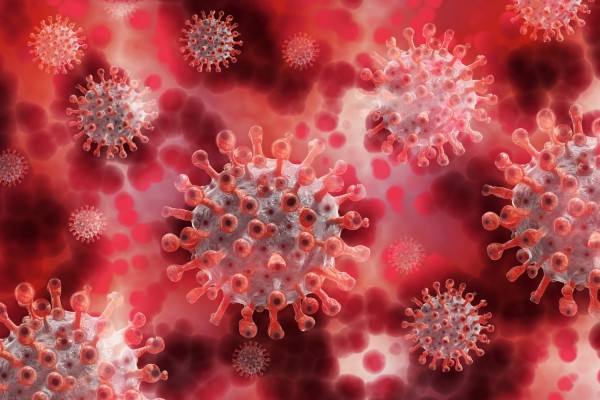Immunity To Coronavirus Can Linger for Months, Study Suggests

ALSO READ: Study Finds Links Between Spread of Dengue and Reduced COVID-19 Transmission
Icahn School of Medicine at Mount Sinai researchers found that majority of individuals who have been COVID-19 positive patients will have an immunity against the disease that can last for at least five months. The research findings added that 90 percent of people who recuperate from the virus could develop a steady overall response.
According to CNN Health, the body produces an army of immune compounds in retort to infection, and some may be overwhelming at first, dying off quickly, while others build slowly. They also added that measurements show a fading antibody response in the first months after infections might have been measured. Still, the second team of antibodies is building its services in the background.
In a release by Mount Sinai, Icahn School of Medicine at Mount Sinai's professor of vaccinology and study team leader Florian Krammer said that while some reports have claimed that antibodies to the virus go away quickly, their study found the opposite and 90 percent of the people who were mildly or moderately inflicted by the virus produce an antibody response strong enough to neutralize the virus. The response is maintained for many months.
He added that the strength of the antibody response to SARS-CoV-2, including the antibody's longevity and neutralizing effects, is very important in allowing them to effectively monitor the level of pathogens in communities and in defining the duration and levels of an antibody that protect the patients from reinfection. He furthered that these findings will help in effectively developing a vaccine.
It is remembered that a report from Britain presented that immunity against coronavirus gradually unravels as patients recover from the disease. Researchers of this study conducted finger-prick tests randomly in England, leading them to a discovery of a 26 percent decline in coronavirus antibodies within three months.
READ ALSO: A Brazilian Community May Have Enough COVID-19 Cases to Reach Herd Immunity
Procedure of The Study
According to a release by Mount Sinai, about 30 thousand individuals were screened within Mount Sinai Health System using an antibody test on an enzyme-linked immunosorbent assay (ELISA) that is based on the virus' revealing spike protein that encompasses the equipment that permits it to attach and gain entry into our cells.
Mount Sinai antibody test detects the presence or absence of antibodies to SARS-CoV-2 and can measure the level of antibody the individual has. According to the study's authors, even though this cannot bring convincing evidence that these antibody responses to defend for reinfection, they trust that it is very likely that they will decline the odds ratio of reinfection.
Medical Expert's Views
Northwest Iowa Surgeon Dr. Jason Keonin in an interview with The National Interest that at this point, figuring out the immunity question is still ongoing though the recent study is encouraging. He also said that the question of immunity only gets answered as time passes by. He emphasized the need for suppressing the virus while waiting for more research vaccines. He also stressed that there is no guarantee that someone who has been infected or receives the vaccine will be forever immune against any virus and attempting a herd-immunity approach could fail and be disastrous.
READ NEXT: Severe COVID-19 Can Stimulate an Immune Response Akin to Lupus
Check out more news and information on COVID-19 on MD News Daily.
Nov 09, 2020 10:00 AM EST





